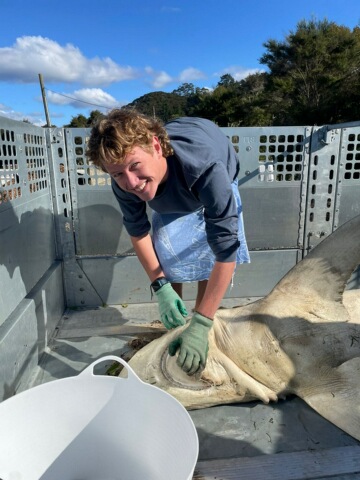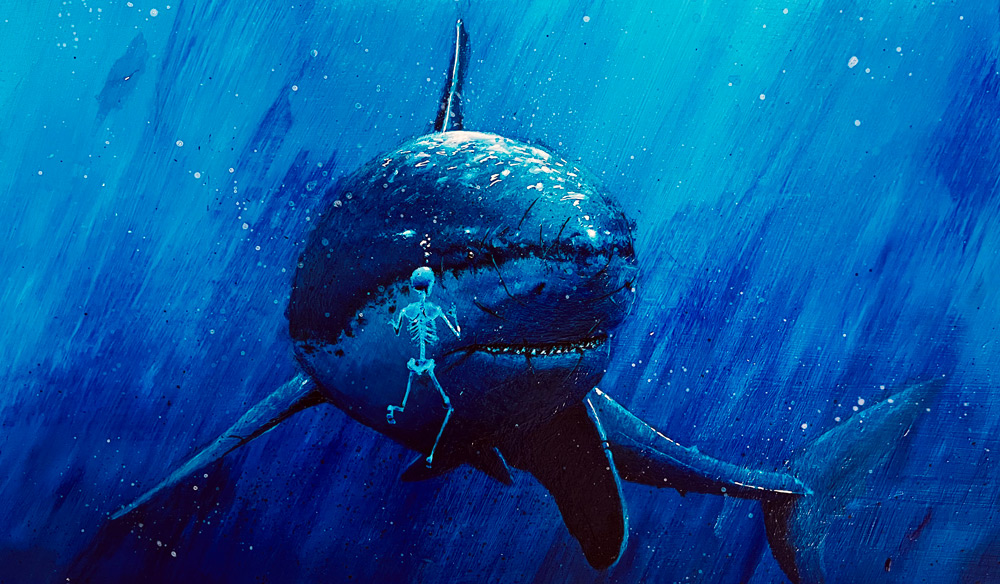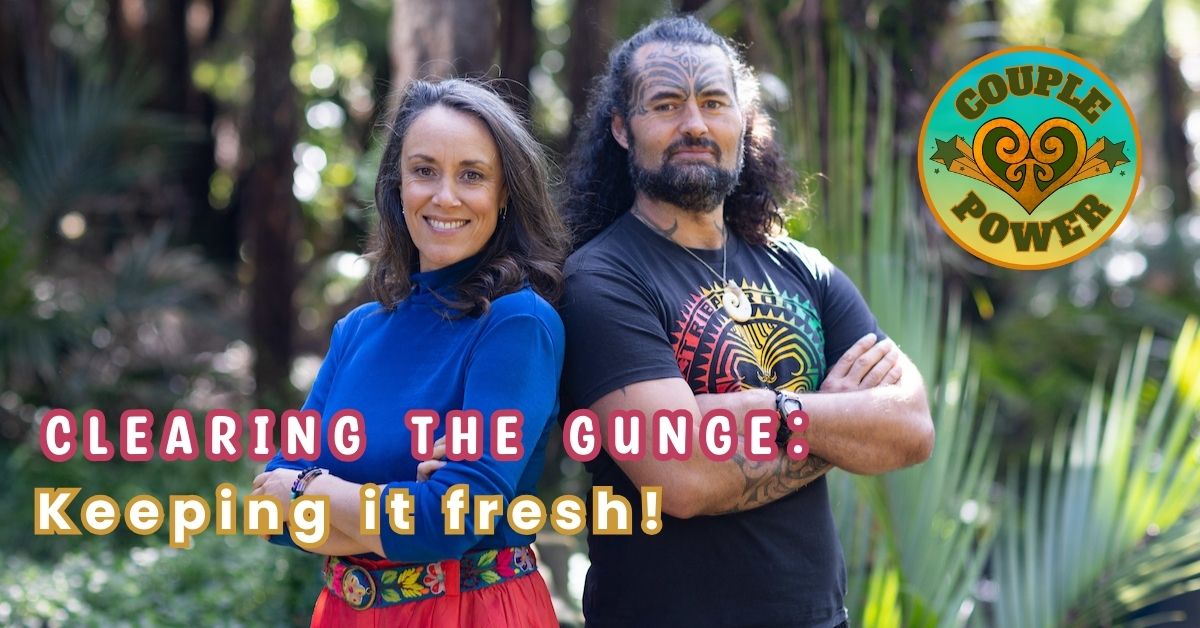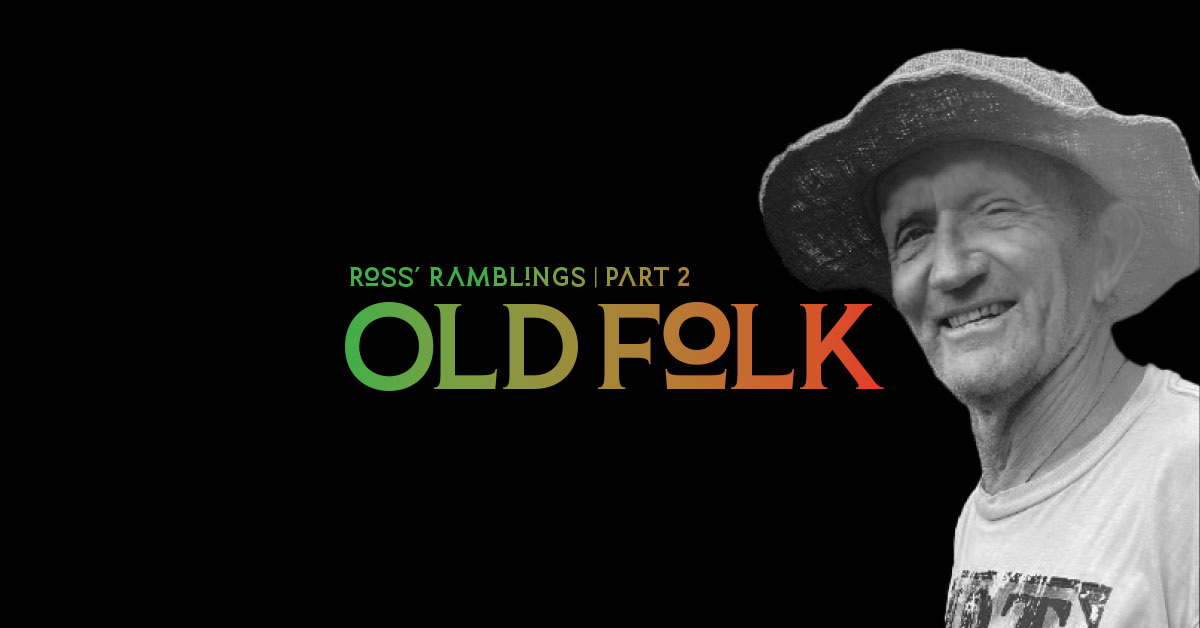
A concern about the growing shark population
On my last local spearfish, at Whale Island, a large Bronze Whaler shark came cruising below me. It swam slowly and yet with great power, gracefully but with intent. Encouraged by the shark’s calm demeanour, I slipped beneath the surface to meet it several metres underwater. Unfazed, the shark swam on, each powerful swing of its tail effortlessly pushing the creature through the water. I admired it as I attempted to keep up. Impressive muscles flexed as rays of sunlight danced upon the shark’s shiny copper skin. This kind of encounter is not uncommon for New Zealand spearfishers and is seemingly becoming a more common occurrence. Many spearfishers that I know are under the impression that shark numbers (particularly Bronze Whalers, Carcharhinus brachyurus) are increasing. Bronze whaler sharks are large and easily identifiable by the bronze/copper colouration on their upper body. Their diet consists of cephalopods, bony fishes, smaller sharks and rays. These sharks are also extremely migratory, travelling vast distances in pursuit of preferred temperatures, mates and food. They can be found most commonly in New Zealand between October through to February, when large pregnant females migrate closer inshore to give birth to their pups (baby sharks).

Perhaps the 2014 New Zealand shark finning ban is a potential reason for this increasing Bronze Whaler trend.
Then again this would only indicate that these shark populations are not climbing to ominous heights, but are rather returning to normal healthy numbers. Though the thought of more sharks in our ocean may be a fear of many New Zealand beachgoers, it is, in fact, a positive thing. Sharks are some of our oceans’ most powerful apex predators, and to have an environment that can support many of them only reflects a healthy and plentiful ecosystem. If shark populations are higher, then it means that our oceans are healthy, and this is something that I think we should be proud of. It is worth bearing in mind, however, that no research has been conducted and there is, therefore, no concrete evidence to confirm this population increase. Department of Conservation marine scientist and shark expert Clinton Duffy has claimed that there is nothing to indicate a population boom among sharks; actually fewer sharks are being killed this year compared to other years, though we don’t have a clear reason why this is so.
To swim with a creature that has all the potential to cause me harm, and yet has no intention of doing so, is incredibly humbling. I hope that all people manage to safely experience such an encounter, because with it comes an understanding of, and an appreciation of some of New Zealand’s most important creatures.

Words, Photography and Art by Sebastian Ross






